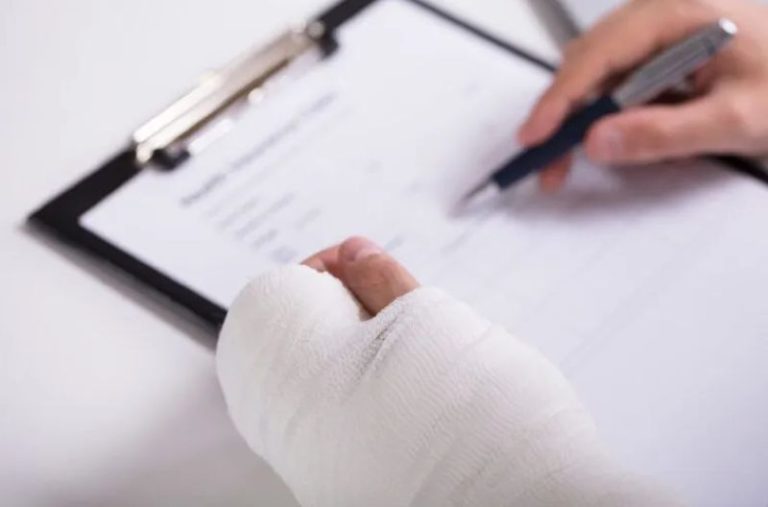

Suffering from emotional trauma after a serious event can be just as painful as a physical injury. When someone’s careless or reckless actions cause mental suffering, the law allows victims to seek compensation through a Negligent Infliction of Emotional Distress (NIED) claim.
Many people are unsure how to handle these cases or prove the level of emotional distress they’ve experienced. Unlike visible injuries, emotional harm is harder to measure and requires strong legal support to build a solid case. That’s where hiring a lawyer becomes extremely valuable.
Understanding an NIED Claim
An NIED claim allows a person to recover damages when another person’s negligence causes severe emotional suffering. These cases can arise from many situations, such as witnessing a loved one’s accident, experiencing medical negligence, or surviving a traumatic event caused by someone else’s carelessness.
Unlike intentional emotional harm cases, NIED claims are based on negligence—meaning the person at fault didn’t intend to cause distress but acted irresponsibly in a way that led to it.
Why Proving Emotional Distress Is Challenging
Emotional harm doesn’t leave visible bruises or scars. It’s often proven through symptoms like anxiety, depression, insomnia, or changes in behavior. However, these symptoms can be subjective and difficult to link directly to a single event.
That’s one reason NIED cases are complex. Courts often require solid evidence, such as:
- Medical or psychological evaluations
- Testimony from therapists or counselors
- Statements from family or friends who witnessed behavior changes
- Proof of related financial losses, such as therapy bills or missed work
Gathering this kind of evidence can be overwhelming, which is why legal help matters.
How a Lawyer Strengthens Your NIED Claim
A lawyer experienced in personal injury or emotional distress cases knows how to build a strong argument based on evidence and legal standards. Here’s how they help:
- Explaining the Law Clearly
Each state has its own rules for NIED claims. A lawyer can explain what applies in your situation and whether you qualify for compensation. - Collecting the Right Evidence
Lawyers work with mental health professionals to gather proof of emotional harm. They also handle the paperwork, ensuring no key documents are missed. - Proving Negligence
To win an NIED claim, you must show that the defendant’s actions were negligent and caused your distress. Lawyers know how to connect these dots with witness statements, timelines, and medical evidence. - Negotiating Settlements
Many emotional distress cases are resolved outside of court. A lawyer can negotiate with insurance companies or opposing attorneys to reach a fair settlement. - Representing You in Court
If a settlement isn’t possible, your lawyer will present your case before a judge or jury, explaining the emotional and financial impact you’ve suffered.
The Emotional Support Aspect
Dealing with emotional trauma is difficult enough without adding legal stress. Having a lawyer means you don’t have to manage every detail alone. They handle the legal side while you focus on recovery.
A good lawyer also understands that emotional distress affects people differently. They’ll listen with empathy and ensure your voice is heard throughout the process.
The Financial Benefits
While hiring a lawyer costs money, most personal injury and emotional distress lawyers work on a contingency fee basis. That means you don’t pay anything upfront. The lawyer gets paid only if you win your case or receive a settlement.
This arrangement allows victims to pursue justice without worrying about immediate legal fees, making professional help more accessible to those already under financial and emotional strain.
Avoiding Common Mistakes
Without legal guidance, it’s easy to make mistakes that can weaken your claim. Some people wait too long to file, while others share too much information with insurance companies. Lawyers know how to avoid these errors and protect your rights from the start.
They also ensure you meet all filing deadlines and follow the proper steps—important details that can make or break your case.
Key Takeaways
- An NIED claim covers emotional suffering caused by someone’s negligence.
- Proving emotional distress is challenging and requires strong evidence.
- Lawyers collect documents, work with experts, and build your case effectively.
- Legal help ensures fair settlements and avoids costly mistakes.
Most lawyers work on contingency, so you only pay if you win.


